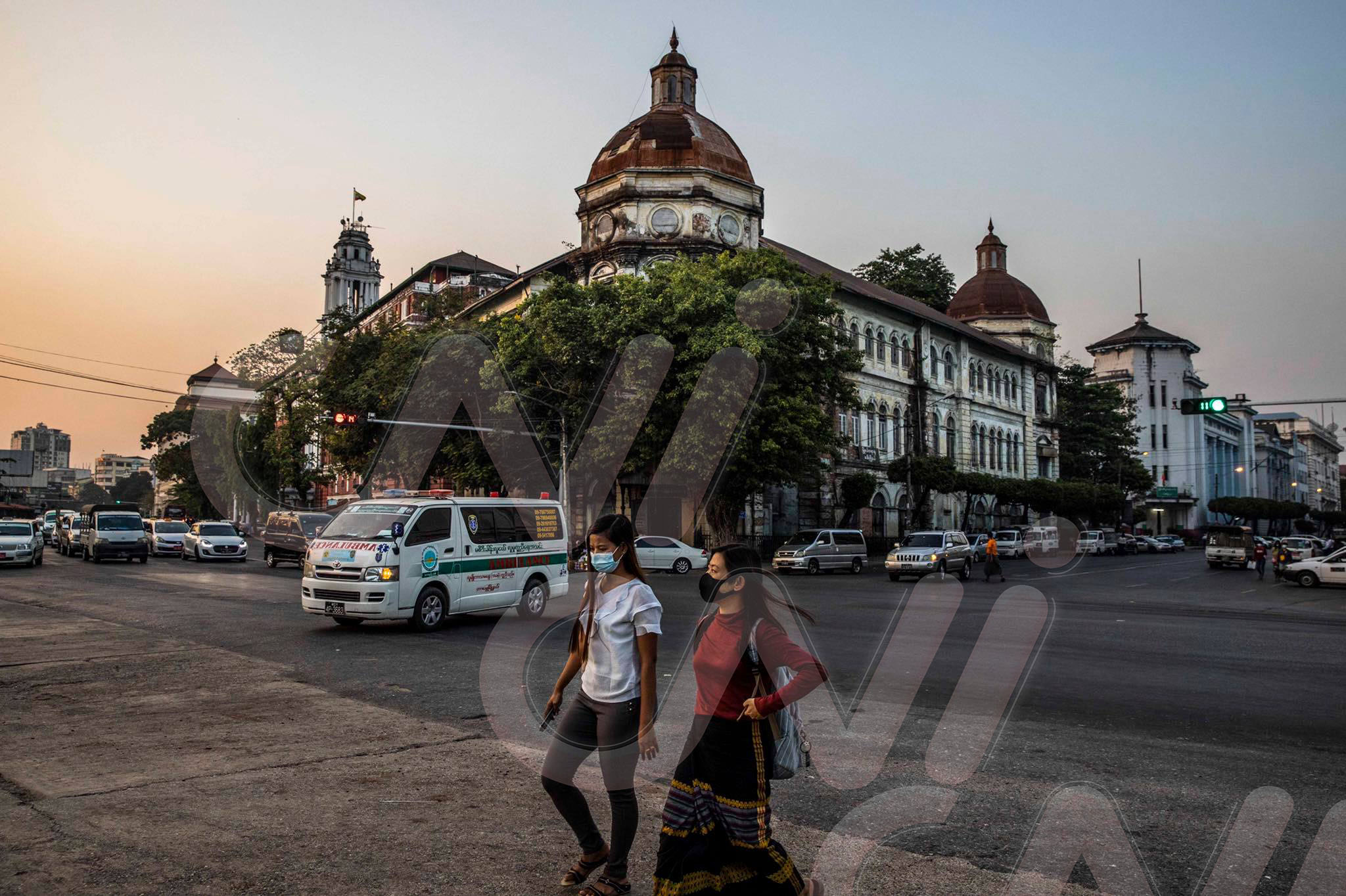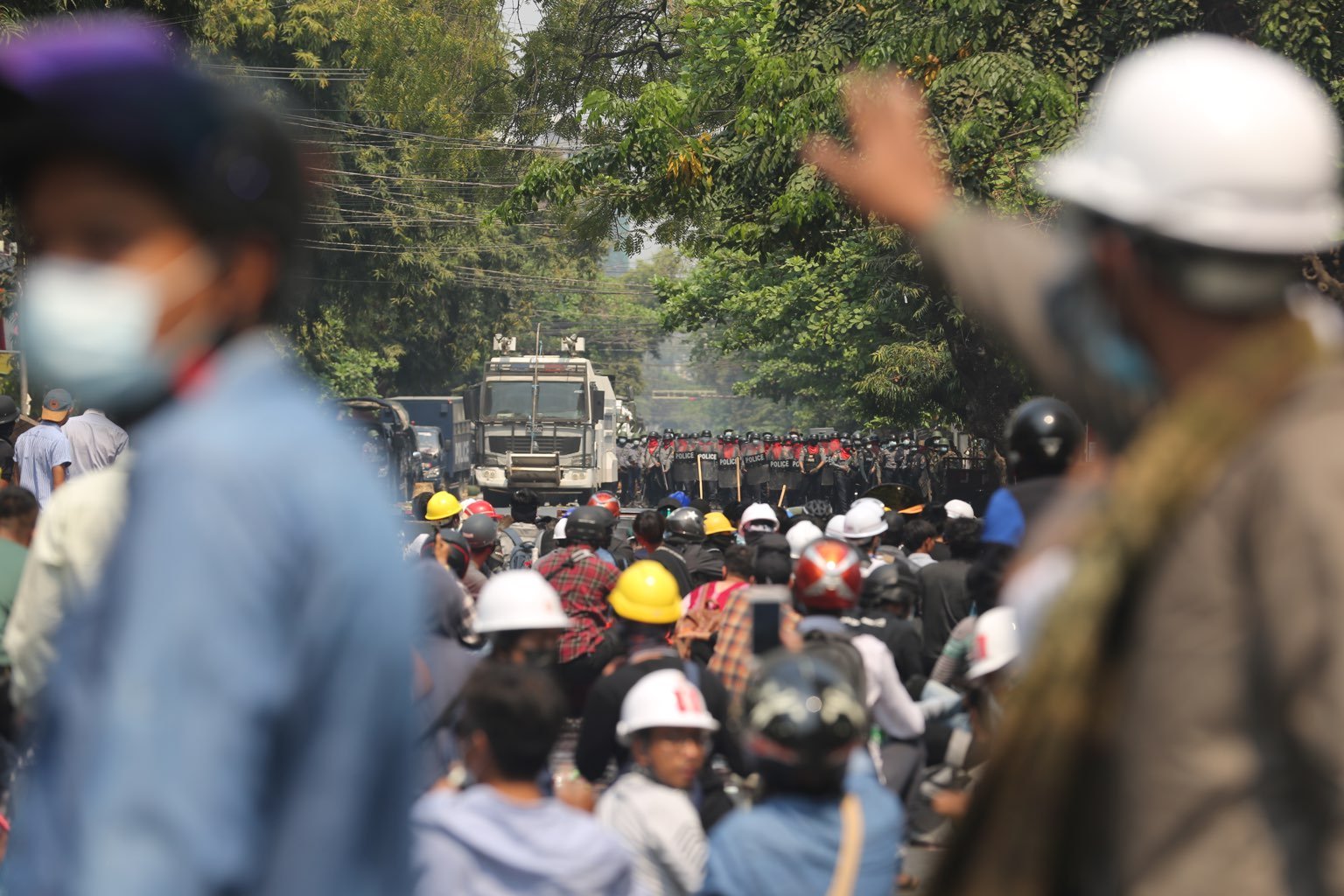CNI News
12 November 2025
With the ongoing political crisis in Myanmar, questions are being raised about the status of the public’s freedom of expression.
On February 1, 2021, the Myanmar Military (Tatmadaw) ousted the NLD government, citing their attempt to form a government without resolving the disputed voter list from the election, and subsequently declared a state of emergency.
Since then, as armed conflict has intensified between the Tatmadaw and revolutionary forces, the public's freedom of expression and the right to stand by their beliefs have also been increasingly restricted.
Dr. Nyo Nyo Thin, founder of the Yangon Watch Group, told CNI News that restricting the public's freedom of expression is detrimental to democracy.
She stated: "In an effort for the State to successfully achieve its political goal—the election—it is suppressing and restricting any issue or event it believes could disrupt the election, leading to a situation where freedom of expression is being threatened. The prosecuting authorities must consider this carefully. These incidents are not good for a future democratic state. Therefore, action should be taken after judiciously weighing how much the public's freedom of expression can impact the election. Arresting, prosecuting, and jailing people merely for criticizing the election or a candidate competing in the election, simply because they are dissatisfied, raises many questions. We are concerned about a situation where politics dominates the rule of law. That is why we do not want judicial and prosecuting authorities to file arbitrary charges and take action merely as part of a 'state plan'."

A place in Yangon
Currently, authorities are arresting and prosecuting individuals who criticize the election, attempt to sabotage it, or criticize and defame candidates running in the election.
Similarly, the Spring Revolution forces are also taking action, including issuing life threats, against those who criticize the revolution or fail to support it in their writings.
U Ko Ko Gyi, Chairman of the People's Party (PP), told CNI News that freedom will remain secondary as long as security threats remain high.

Demanding democracy (Photo: Frontier Myanmar).
He stated: "As long as security threats remain high, freedoms will always take a backseat. That is why we believe that when security threats are reduced along with peace, democratic rights such as freedom of speech, freedom of belief, and freedom of assembly will return. Otherwise, the higher the conflict, the more security will take the forefront. In a security period, for example, during periods of Martial Law, the order of the respective military commander becomes the law. Even when such practices are necessary, the commander needs to exercise their authority with restraint and caution. If the areas under Martial Law gradually decrease, areas where the rule of law prevails will re-emerge. Only then will the offices of elected representatives become places where the public can come to share their concerns and discuss issues. Thus, if there are instances of controlling or threatening freedom, mechanisms can emerge for the public to voice their grievances through their representatives."
Political analysts point out that as long as Myanmar's political crisis is not overcome, or until a civilian government is established, the public's freedom and right to expression will remain restricted.




